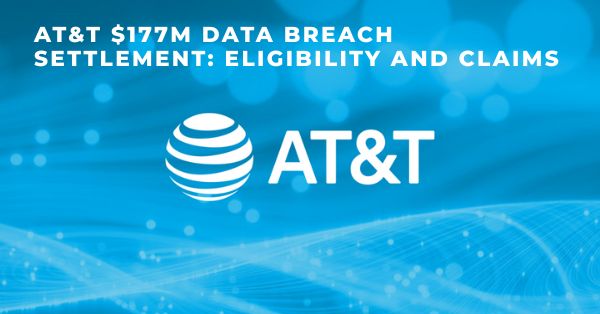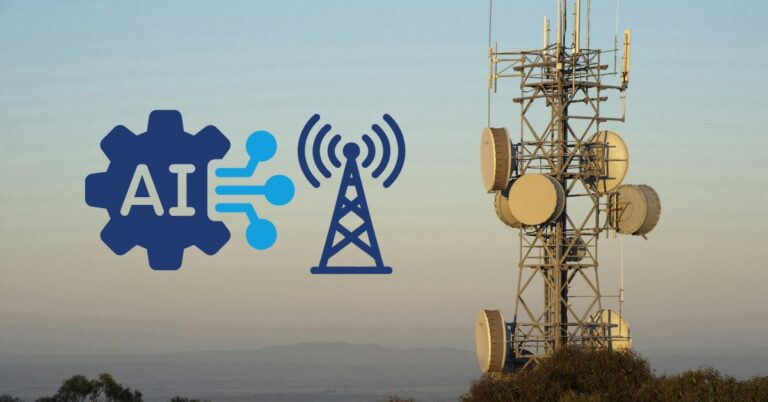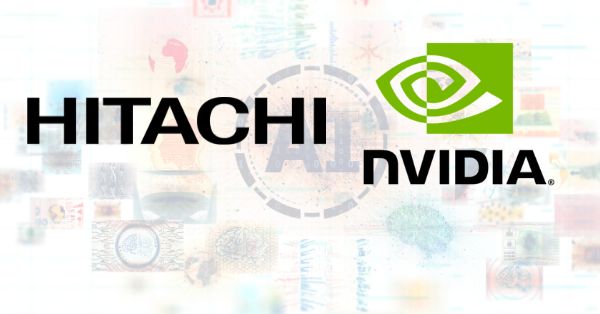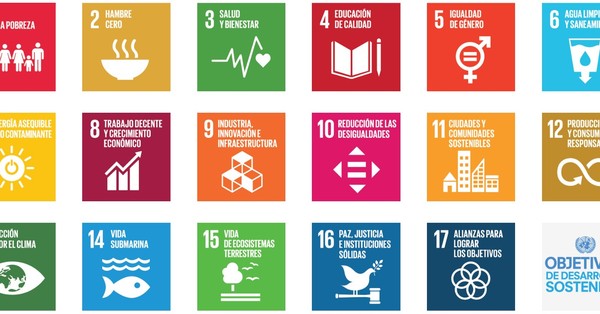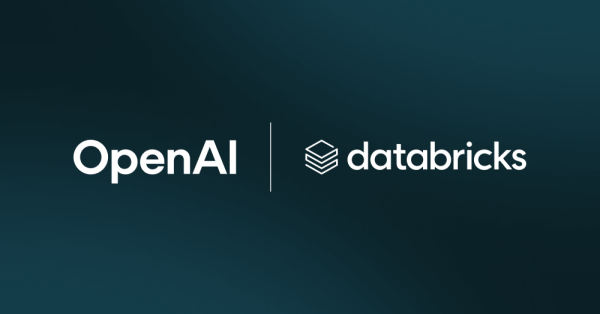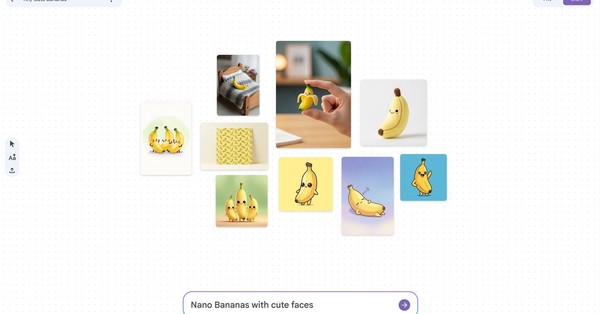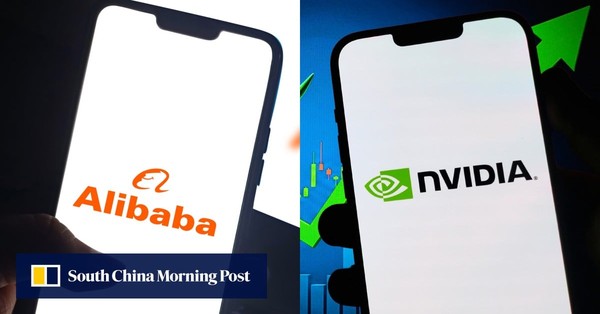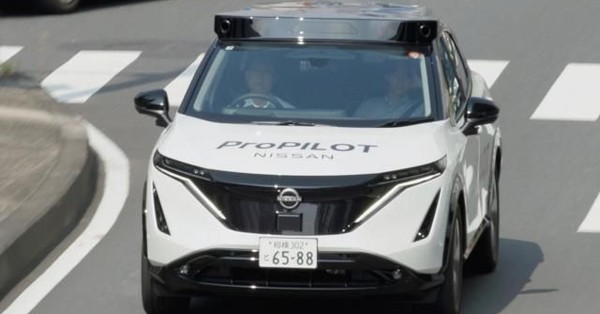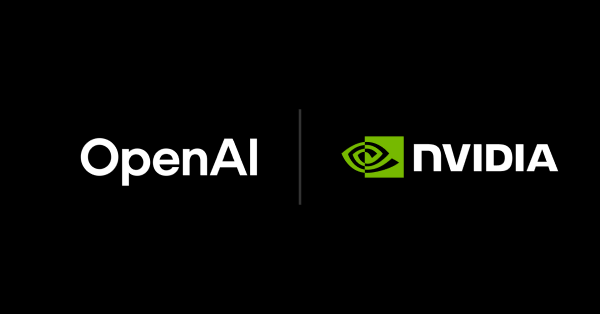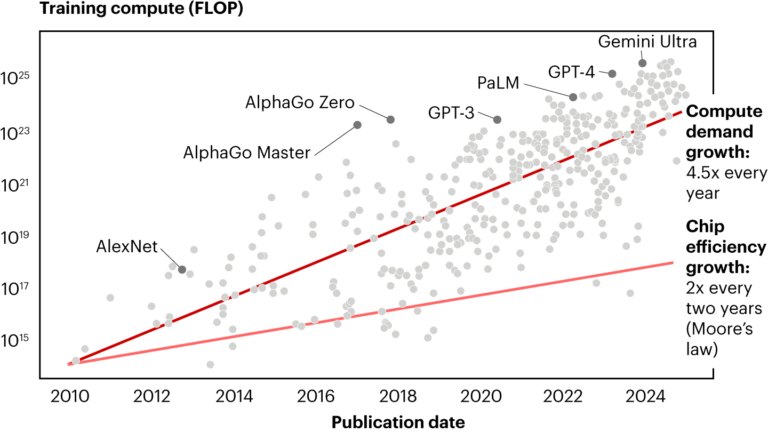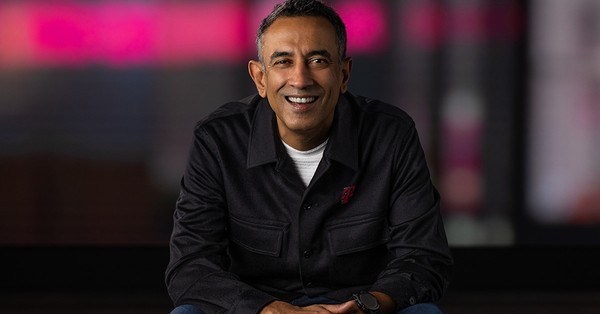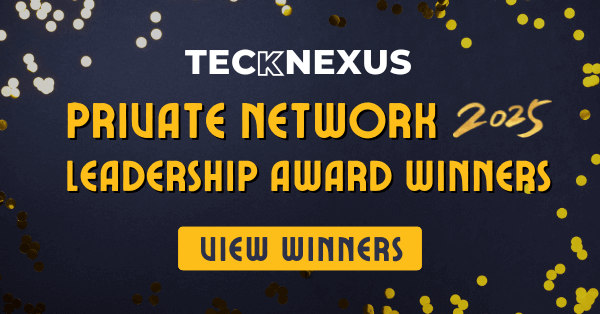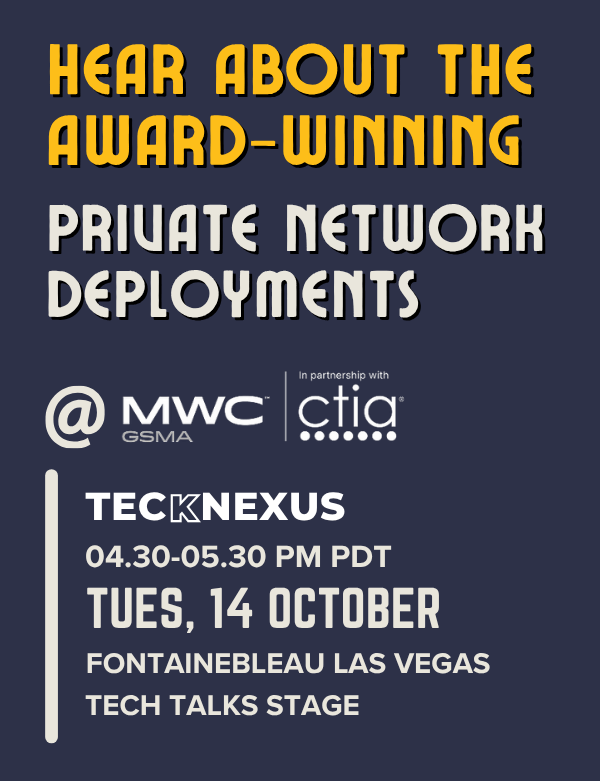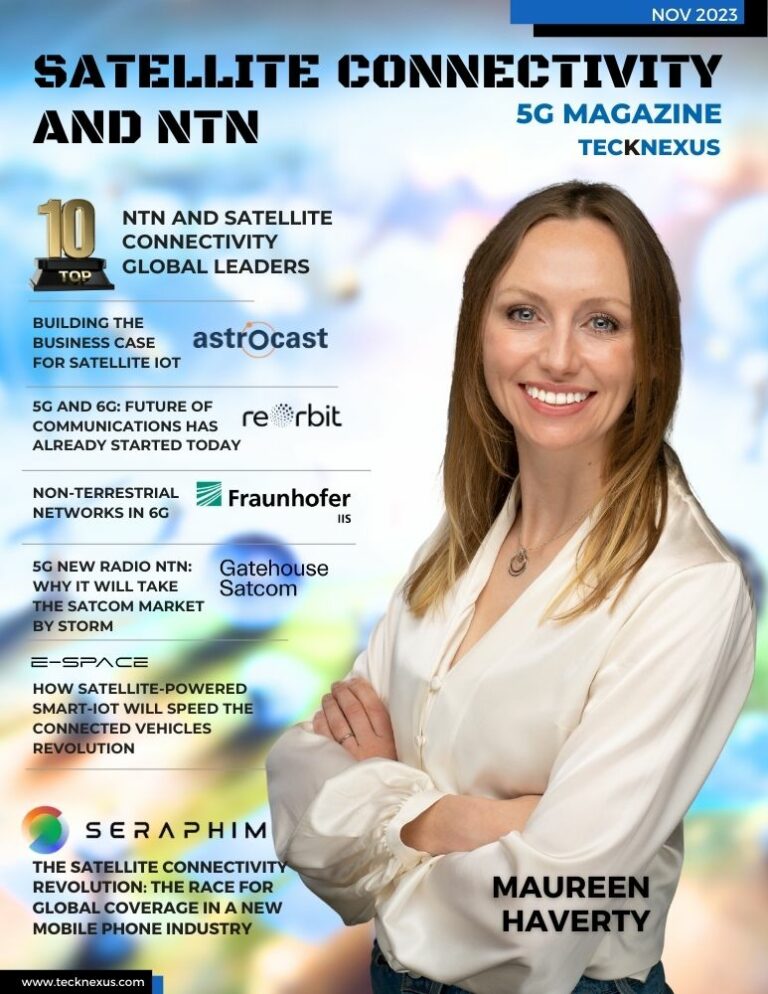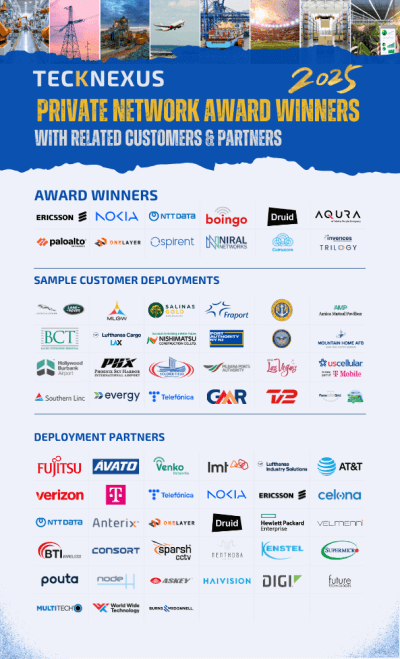AT&T Data Breach Settlement: What Happened and Why It Matters
AT&T has a proposed $177 million class-action settlement covering two major data incidents, and it spotlights growing third-party cloud risk in telecom data supply chains.
Two Data Incidents and Settlement Classes Explained
The settlement consolidates claims from two separate events tied to different data types and timelines.…
Telecom
Essential insights and practical tools for navigating private networks. Get Details.
Available on Amazon & Google Books
Subscribe To Our Newsletter
- Tech News & Insight
- September 29, 2025
- Hema Kadia
AI is everywhere in telecom, yet most pilots never make it into production because the industry’s data, tooling, and operating models are not ready for scaled automation. Recent industry research suggests that about 95% of AI pilots in telecom fail to scale beyond proofs of concept. Leaders are moving from pilots to platforms by embedding AI in the systems that run the business and anchoring every initiative to measurable outcomes. Telecom AI will not scale through pilots alone; it scales when embedded in the systems that run revenue, experience, and networks.
- Tech News & Insight
- September 29, 2025
- Hema Kadia
Hitachi has launched a global AI Factory built on NVIDIA’s reference architecture to speed the development and deployment of “physical AI” spanning mobility, energy, industrial, and technology domains. Hitachi is standardizing a centralized yet globally distributed AI infrastructure on NVIDIA’s full-stack platform, pairing Hitachi iQ systems with NVIDIA HGX B200 platforms powered by Blackwell GPUs, Hitachi iQ M Series with NVIDIA RTX 6000 Server Edition GPUs, and the NVIDIA Spectrum-X Ethernet AI networking platform. The environment is designed to run production AI with NVIDIA AI Enterprise and support simulation and physically accurate digital twins using NVIDIA Omniverse libraries.
- 5G, AI, Assurance, Digital Twin, RAN, Sustainability
- Data Center, GenAI, Hitachi, Japan, LLM, Mobility, Nvidia, Spectrum
- Telecom
- Tech News & Insight
- September 25, 2025
- Hema Kadia
Telefónica reports €77 billion invested over ten years to expand sustainable, resilient connectivity, with SDG 9 (industry, innovation and infrastructure) as the strategic anchor. The operator now serves nearly 350 million accesses, has passed 81.4 million premises with FTTH, and runs one of the largest ultra-broadband footprints globally, second in scale only to China. Spain is Telefónica’s showcase for fiber-led modernization. Dense FTTH has enabled a managed copper switch-off, which simplifies operations, cuts energy use, and improves service quality. The operator targets net zero by 2040 – ten years ahead of many international timelines—and reports a 52% reduction in CO2 emissions across the value chain from 2015 to 2024.
- Tech News & Insight
- September 25, 2025
- Hema Kadia
Databricks is adding OpenAI’s newest foundation models to its catalog for use via SQL or API, alongside previously introduced open-weight options gpt-oss 20B and 120B. Customers can now select, benchmark, and fine-tune OpenAI models directly where governed enterprise data already lives. The move raises the stakes in the race to make generative AI a first-class, governed workload inside data platforms rather than an external service tethered by integration and compliance gaps. For telecom and enterprise IT, it reduces friction for AI agents that must safely traverse customer, network, and operational data domains.
- Tech News & Insight
- September 25, 2025
- Hema Kadia
Google Labs has launched Mixboard, an AI-powered concepting board that turns text prompts and images into editable visual mood boards now available in U.S. public beta. Mixboard gives users an open canvas to generate, arrange, and iterate on visual ideas, from home decor and event themes to product inspiration and DIY projects. You can start from a text prompt or prebuilt boards, pull in your own images, create new visuals with generative AI, and refine them using natural-language edits. Mixboard signals how fast multimodal AI is moving from chat to visual ideation, with implications for search, commerce, and collaborative workflows.
- Tech News & Insight
- September 25, 2025
- Hema Kadia
Alibaba Cloud is integrating Nvidia’s Physical AI toolchain into its Cloud Platform for AI, bringing robotics-grade simulation, training, and deployment capabilities to customers. Alibaba and Nvidia unveiled a partnership that embeds Nvidia’s embodied AI development tools directly into Alibaba’s machine learning platform. The integration targets robotics, autonomous driving, and “connected spaces” such as warehouses and factories. Physical AI refers to software that models the real world in 3D, generates synthetic data, and trains control policies with reinforcement learning before deploying to physical systems. Developers on Alibaba Cloud gain access to toolchains for data processing, simulation-based training, and real-world reinforcement learning.
- Tech News & Insight
- September 25, 2025
- Hema Kadia
Wayve’s end-to-end driving AI is now running in Nissan Ariya electric vehicles in Tokyo, marking a pragmatic step toward consumer deployment in 2027. The test vehicles combine a camera-first approach with radar and a lidar unit for redundancy, aligning with Japan’s dense urban environment and complex traffic patterns. The initial commercial target is “eyes on, hands off” Level 2 driver assistance, with drivers remaining responsible and ready to take over. Nvidia has signed a letter of intent for a potential $500 million investment in Wayve’s next funding round, reinforcing the compute-intensive nature of the program.
- 5G, AI, Automation, Orchestration, Others
- 3GPP, ADAS, Cybersecurity, General Motors, GPU, Investment, Japan, LiDAR, Mobility, Nvidia, Partnerships, Signal, Softbank, Tesla
- Telecom
- Tech News & Insight
- September 23, 2025
- Hema Kadia
OpenAI and NVIDIA unveiled a multi‑year plan to deploy 10 gigawatts of NVIDIA systems, marking one of the largest single commitments to AI compute to date. The partners outlined an ambition to stand up AI “factories” totaling roughly 10GW of power, equating to several million GPUs across multiple sites and phases as capacity and supply chains mature. NVIDIA plans to invest up to $100 billion in OpenAI, with tranches released as milestones are met; the first $10 billion aligns to completion of the initial 1GW. The first waves will use NVIDIA’s next‑generation Vera Rubin systems beginning in the second half of 2026.
- AI
- AMD, Azure, Data Center, Fiber, GPU, Investment, Microsoft, Nvidia, OpenAI, Oracle, Policy, Softbank, Startups
- Construction, Manufacturing, Ports, Telecom
- Tech News & Insight
- September 23, 2025
- Hema Kadia
New analysis from Bain & Company puts a stark number on AI’s economics: by 2030 the industry may face an $800 billion annual revenue shortfall against what it needs to fund compute growth. Bain estimates AI providers will require roughly $2 trillion in yearly revenue by 2030 to sustain data center capex, energy, and supply chain costs, yet current monetization trajectories leave a large gap. The report projects global incremental AI compute demand could reach 200 GW by 2030, colliding with grid interconnect queues, multiyear lead times for transformers, and rising energy prices.
- 5G, AI, API, Monetization, Network Slicing, RAN
- Amazon, AMD, Data Center, DeepSeek, Fiber, Google, GPU, Meta, Microsoft, Nvidia, OpenAI, Partnerships, Private 5G, Signal
- Retail, Telecom
- Tech News & Insight
- September 23, 2025
- Hema Kadia
T-Mobile has set a clear handover plan that pairs continuity with a sharpened focus on digital, AI, and new growth vectors. Srini Gopalan, currently Chief Operating Officer, will become CEO of T-Mobile US, succeeding Mike Sievert. Sievert moves to a newly created Vice Chairman role, remaining on the management team and Board to advise on strategy, innovation, talent, and external relations. The structure signals operational continuity and a deliberate next phase for the Un-carrier playbook across wireless, broadband, and adjacent services. Expect Gopalan to intensify investments in AI across care, sales, and network operations.
Feature Your Brand with the Winners
In Private Network Magazine Editions
Sponsorship placements open until Oct 31, 2025
Explore Magazines
Promote your brand
TeckNexus Newsletters
I acknowledge and agree to receive TeckNexus communications in line with the T&C and privacy policy.
Whitepaper
Dive into the comprehensive analysis of GTPu within 5G networks in our whitepaper, offering insights into its operational mechanics, strategic importance, and adaptation to the evolving landscape of cellular technologies....
It seems we can't find what you're looking for.
Check Private Network Readiness
Industry Vertical Specific Deep-Dive Assessment

Manufacturing
$1500
250 questions based assessment and insights
$1500
Utilities
$750
65+ questions based assessment and insights
$750
Mining
$1000
160 questions based assessment and insights
$1000
Aviation
Coming Soon
75+ questions based assessment and insights
Coming Soon
Ports
Coming Soon
75+ questions based assessment and insights
Coming Soon* Prices does not include tax
Brand Connect
Amplify Your Brand & Boost Your Business
- Thought-Leadership Management
- Magazine Article
- Executive Interviews
- Whitepapers
- Research Reports
- Custom Research
- Blog Series
- Webinars
- Podcasts
- Advertorials
- Display Ads
- Event Partnership


